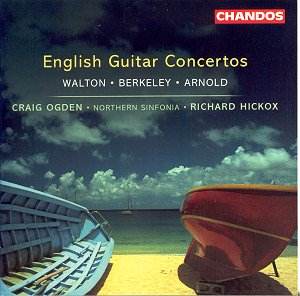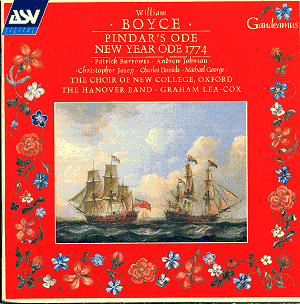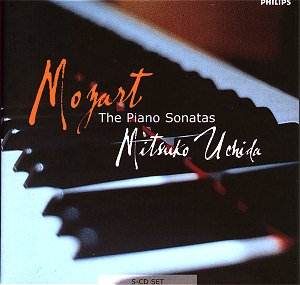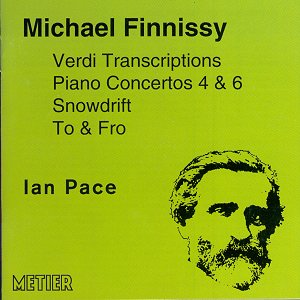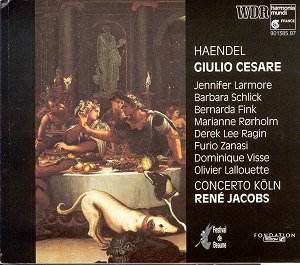 Composer: Georg Frideric Handel
Composer: Georg Frideric Handel
Works: Giulio Cesare
Performers: Jennifer Larmore (Cesare), Barbara Schlick (Cleopatra), Bernarda Fink (Cornelia), Marianne Rorholm (Sesto), Derek Lee Ragin (Tolomeo), Furio Zanasi (Achilla), Dominique Visse (Nireno), Olivier Lallouette (Curio), Concerto Köln, René Jacobs (director)
Recording: HARMONIA MUNDI HMC 901385.87 (4 CDs priced as three)
Label: Harmonia Mundi
Handel’s Giulio Cesare, composed in 1724, stands as a monumental achievement in the Baroque operatic canon. It is lauded not only for its rich characterizations and dramatic narrative but also for its intricate musical structures that reflect the political machinations of ancient Rome. This opera, a hallmark of Handel’s mastery, intricately weaves together profound emotional depth and virtuosic vocal challenges, making it a perennial favorite among performers and audiences alike. The current recording, directed by René Jacobs with the vibrant Concerto Köln, aims to capture this essence while presenting a unified vision of the opera’s dramatic potential and musical brilliance.
The performance is marked by an impressive ensemble of young singers, each bringing a distinctive interpretation to their roles. Jennifer Larmore’s portrayal of Cesare is particularly noteworthy; her initial aria, “Presti omai,” showcases her remarkable breath control and technical precision. The burnished quality of her low notes, combined with a palpable dramatic intensity, sets a compelling standard for the character’s emotional journey. Jacobs’s interpretation allows Larmore’s voice to soar while emphasizing the intricate ornamentation that Handel so masterfully employs.
Barbara Schlick as Cleopatra offers a nuanced interpretation that, while not expansive in vocal color, captivates through her insightful phrasing and dramatic commitment. Her aria “Tu la mia stella” is taken at a slightly slower tempo than conventionally expected, which allows for a delicate unfolding of her vocal runs, revealing both vulnerability and strength. This choice, though unconventional, enhances the emotional weight of the moment, demonstrating Jacobs’s thoughtful direction in shaping character arcs through tempo and pacing.
Derek Lee Ragin brings a distinctive timbre to the role of Tolomeo, his countertenor voice artfully navigating the complexities of Handel’s writing. In “Va tacito,” Ragin employs a slower tempo that, while deviating from tradition, allows for an exploration of vocal color and shading that is richly rewarding. This interpretative choice, alongside the ornamentation he adds, creates a fresh perspective on a well-trodden aria.
The orchestral contributions from Concerto Köln are equally remarkable, characterized by a vibrant and energetic sound that complements the vocal performances. The divisions within the string sections and the use of solo obbligatos for instruments such as the oboe and horn enhance the textures of the score, allowing for a more nuanced listening experience. The bassoon’s role in “Che Sento?” exemplifies this, providing a haunting backdrop that underscores Schlick’s poignant delivery.
While the recording is replete with virtues, it is not without minor shortcomings. Some choices regarding tempo, particularly the recitative following Cesare’s “Almi del gran Pompeo,” may feel sluggish, potentially detracting from the momentum of the narrative. Jacobs’s decision to connect this recitative with the subsequent aria, “Non è sivago,” seems well-intentioned but may lead to an uneven pacing that disrupts the flow. This is a small blemish in an overall superb realization of the work, where the strengths overwhelmingly outweigh the weaknesses.
The sound quality of this recording is pristine, with careful attention given to the balance between orchestra and singers. Harmonia Mundi’s engineering captures the vibrancy of the performance space, ensuring that each nuance of the orchestration and vocal delivery resonates clearly.
This recording of Giulio Cesare under René Jacobs is a significant contribution to the vast discography of Handel’s operas. It presents an engaging and fresh interpretation that honors the composer’s intentions while offering new insights into character development and orchestral textures. The combination of a stellar cast, dynamic orchestral support, and Jacobs’s insightful direction makes this set a first-choice recommendation for both seasoned aficionados and newcomers to Handel’s operatic oeuvre.
